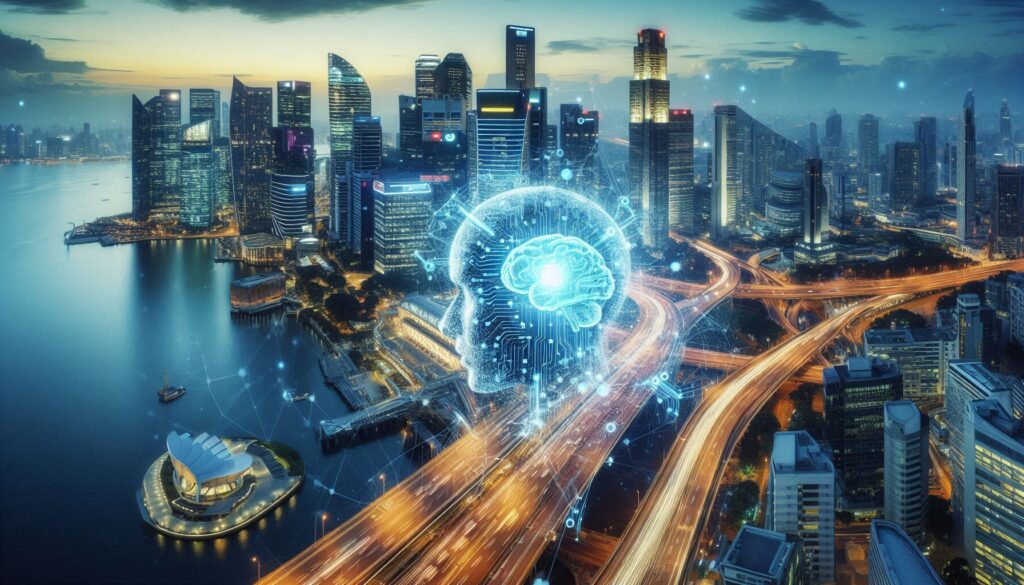Artificial intelligence (AI) has been a topic of interest for decades, but its impact on business and society has only recently begun to be felt. As AI technology continues to advance, it’s essential to understand its implications on various aspects of our lives. In this article, we’ll explore the impact of AI on business and society, highlighting both the benefits and challenges.
The Benefits of AI in Business
AI has the potential to revolutionize the way businesses operate:
- Increased Efficiency: AI can automate repetitive tasks, freeing up human resources for more strategic and creative work.
- Improved Decision Making: AI can analyze vast amounts of data, providing insights that can inform business decisions.
- Enhanced Customer Experience: AI-powered chatbots and virtual assistants can provide 24/7 customer support, improving customer satisfaction and loyalty.
- Competitive Advantage: Businesses that adopt AI early can gain a competitive advantage over those that don’t.
The Impact of AI on Society
AI’s impact on society is multifaceted:
- Job Displacement: AI has the potential to displace jobs, particularly those that involve repetitive tasks.
- Bias and Discrimination: AI systems can perpetuate biases and discrimination if they’re trained on biased data.
- Privacy Concerns: AI-powered systems can collect and analyze vast amounts of personal data, raising concerns about privacy.
- Social Isolation: Over-reliance on AI-powered systems can lead to social isolation, as humans interact more with machines and less with each other.
The Challenges of Implementing AI
While AI offers many benefits, its implementation is not without challenges:
- Data Quality: AI systems require high-quality data to function effectively.
- Talent Acquisition: Businesses need to attract and retain talent with expertise in AI and machine learning.
- Regulatory Frameworks: Governments and regulatory bodies need to create frameworks that govern the use of AI.
- Ethical Considerations: Businesses need to consider the ethical implications of AI, including bias, transparency, and accountability.
Mitigating the Negative Impacts of AI
To mitigate the negative impacts of AI, businesses and governments need to work together:
- Invest in Education and Training: Develop programs that help workers gain skills that are complementary to AI.
- Implement Fairness and Transparency: Ensure AI systems are fair and transparent to prevent bias and discrimination.
- Create Regulatory Frameworks: Develop laws and policies to govern AI use and protect workers’ rights.
- Encourage Human-AI Collaboration: Design AI to augment human capabilities rather than replace them.
Conclusion
AI has the potential to revolutionize business and society, but its impact will depend on how we choose to use it. By understanding the benefits and challenges of AI, we can work towards creating a future where AI enhances human capabilities rather than replacing them.
Recommendations
- Stay Informed: Keep up with the latest developments in AI and its applications.
- Invest in Education and Training: Help workers develop skills that complement AI.
- Encourage Human-AI Collaboration: Ensure AI systems enhance human productivity instead of replacing jobs.
- Support Regulatory Frameworks: Advocate for policies that govern AI and protect workers’ rights.
- Emphasize Ethics and Transparency: Prioritize ethical considerations and transparency in AI development and deployment.








